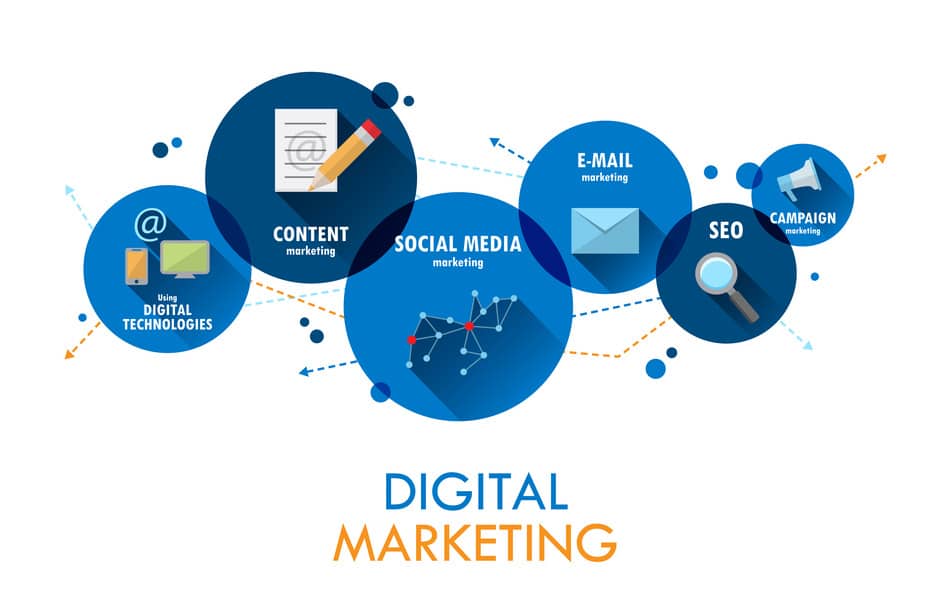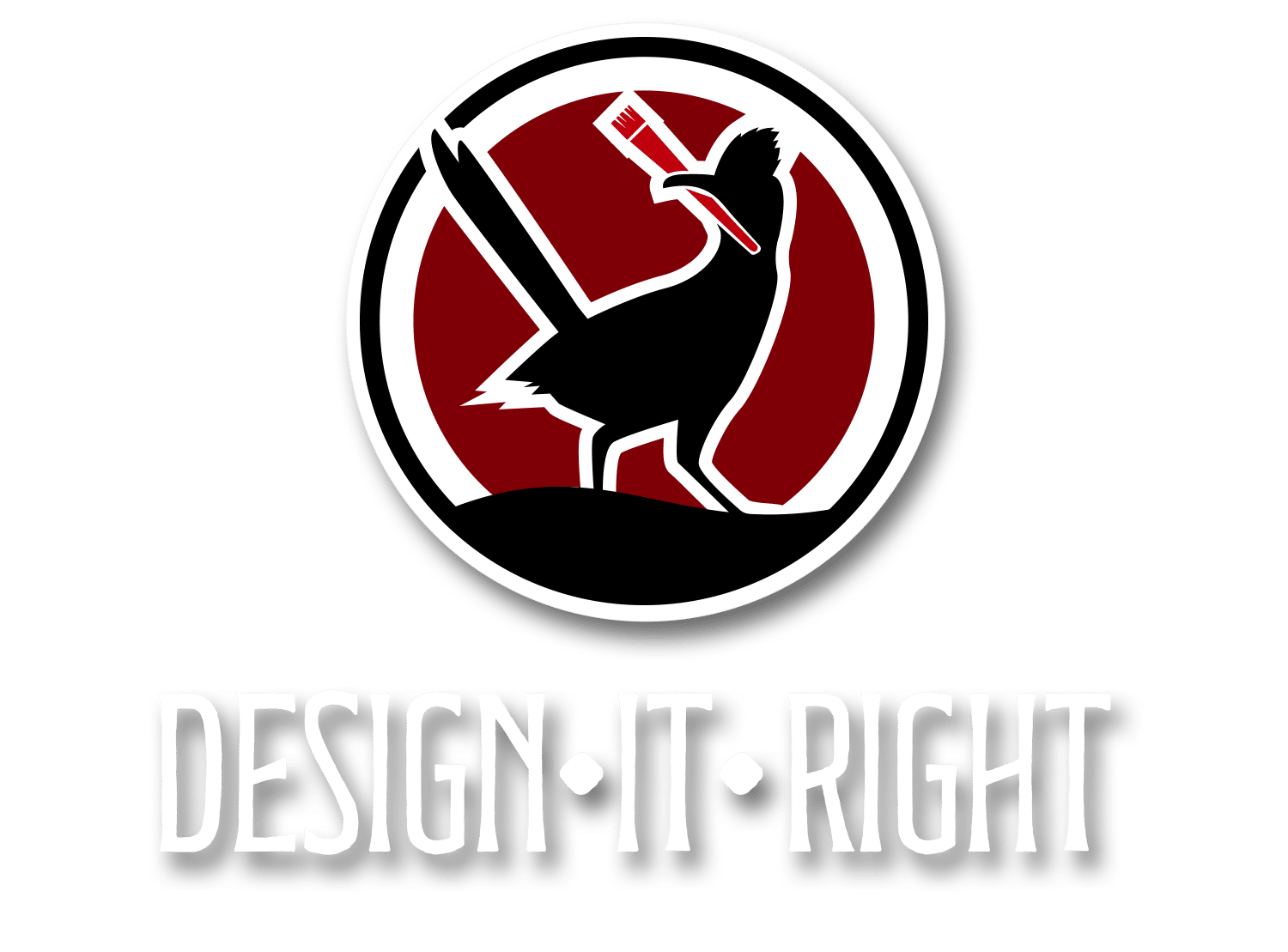Essential Digital Marketing Tools Every Small Business Needs
Running a small business today means competing in a digital-first world. Whether you’re launching a new service, building an email list, or trying to grow your local reach, having the right digital tools can make all the difference. But with so many platforms out there—each one claiming to be the solution you can’t live without—it can be hard to separate the essentials from the distractions.
The truth is, successful marketing doesn’t come from using every tool on the market. It comes from selecting the right ones that align with your business goals, simplify your workflow, and help you stay consistent across all your marketing channels. This guide breaks down the essential digital marketing tools every small business owner needs to build momentum, expand visibility, and increase return on investment.
1. Website and SEO Tools: Building Your Digital Foundation
Your website is more than just a digital brochure—it’s the hub of your marketing strategy. It’s where potential customers land when they discover your business through search, social media, or email campaigns. That means it needs to be fast, mobile-friendly, and built to convert.
Platforms like WordPress, Squarespace, and Wix allow small business owners to build and manage their sites with minimal coding, giving you control over your layout, design elements, and content. But simply having a website isn’t enough—you also need tools to help people find it.
That’s where search engine optimization (SEO) tools come in. Yoast SEO, a favorite for WordPress users, helps you optimize every page and blog post for keywords, readability, and mobile performance. Pair that with Ubersuggest to support keyword research, and you’ll gain insight into what your audience is searching for—and how to show up in those results.
Of course, none of this matters if you’re not tracking performance. That’s why Google Analytics is a must. It gives you real-time data on how visitors are finding your site, which pages keep them engaged, and where they tend to drop off. With this information, you can make smarter decisions about optimizing your content, site layout, and future digital marketing campaigns.
These tools form the backbone of your digital presence and empower you to make informed choices that move your business forward.
2. Email Marketing Tools: Creating Connection and Driving Conversions
When it comes to building direct, measurable relationships with your audience, email marketing continues to lead the pack. Unlike social media—where algorithms decide who sees your posts—email gives you direct access to your subscribers’ inboxes. It’s one of the most cost-effective ways to nurture leads, promote new offers, and build trust over time.
Popular platforms like Mailchimp, MailerLite, and Constant Contact give small businesses the ability to create visually appealing campaigns using drag-and-drop editors and built-in templates. These email marketing tools also include helpful features like audience segmentation, A/B testing, and automation sequences—so you can send the right message to the right person at the right time.
Many email platforms also support integrations with your website, CRM, and landing pages, making it easy to track performance and understand how subscribers engage with your content. Whether you’re sharing a monthly newsletter, launching a seasonal sale, or onboarding new customers with a welcome sequence, email tools help you stay consistent and strategic in your outreach.
For any business that wants to build long-term customer relationships, email is not just essential—it’s indispensable.
3. Social Media Management Tools: Keeping Your Brand Active and Visible
Most small business owners understand the importance of social media accounts—but few have the time to post daily, respond to comments in real-time, or manually track engagement. That’s where a social media marketing tool becomes essential.
Platforms like Buffer, Later, and Hootsuite allow you to manage all your social media channels from one dashboard. You can schedule posts in advance, view upcoming campaigns on a content calendar, track performance metrics, and even manage audience interactions without logging into multiple platforms.
For small marketing teams—or solo entrepreneurs—this kind of organization can be a game-changer. Not only do you save hours each week, but you also improve your consistency, which is key to building brand trust and recognition.
Some tools even offer hashtag suggestions, image editors, and performance insights to help you fine-tune your strategy over time. Whether you’re planning weekly promotions, sharing behind-the-scenes content, or curating posts that reflect your brand voice, these tools allow you to do it all more efficiently.
And when your social media content is part of a larger marketing strategy—including blog posts, email campaigns, and landing pages—you create a seamless experience that moves people from awareness to action.
4. CRM and Customer Retention Tools: Building Relationships That Last
Digital marketing strategy shouldn’t just be about reaching new people—it’s also about keeping the ones you already have. Customer loyalty can make or break a small business, and having the right systems in place to stay connected is key. That’s where a Customer Relationship Management (CRM) tool comes in.
A CRM helps you track leads, organize contact details, log past interactions, and automate follow-up tasks. This makes it easier to build meaningful relationships with your audience and guide potential customers through your funnel without letting anyone fall through the cracks.
Tools like HubSpot CRM, Zoho CRM, and Agile CRM offer free or affordable plans designed with small business owners in mind. These platforms allow you to sync email communications, assign tasks, and manage your pipeline all in one place. And when you’re ready to scale, many CRMs offer advanced features like workflow automation, sales forecasting, and built-in analytics tools to better understand customer behavior.
CRM software isn’t just helpful—it’s a game-changer for marketing teams who want to deliver personalized communication, increase conversions, and improve long-term retention. It brings structure to your outreach while supporting a better customer experience across every touchpoint.

5. Content Creation & Design Tools: Showcasing Your Brand Professionally
First impressions matter—especially online. Whether you're sharing a blog post, running a paid ad, or updating your social media, visuals are the first thing people notice. That’s why having a content marketing tool for design is essential.
Platforms like Canva, Adobe Express, and Visme allow you to create polished, branded visuals without hiring a designer. These tools offer pre-made templates for everything from Instagram posts to email headers to presentation decks. You can also build your own brand kit, saving your fonts, colors, and logo for easy use across all materials.
When paired with your content calendar, these tools help you maintain consistency in your messaging and visuals. Whether you're launching a new product or simply posting an inspirational quote, you’ll always have on-brand assets ready to go.
These tools are especially helpful for solo entrepreneurs or small teams juggling multiple roles—helping you look professional without spending hours in design software or outsourcing creative work.
6. Project and Campaign Management Tools: Keeping Your Team Aligned
Whether you're managing a team or flying solo, marketing involves juggling a lot of moving parts—from planning content and launching email campaigns to reviewing performance metrics and responding to customer inquiries. Without a system to stay organized, it’s easy to lose momentum or miss important deadlines.
That’s where project and campaign management tools like Trello, Asana, or ClickUp come in. These platforms give you a visual workspace to plan and track your marketing activities in real time. You can assign tasks, set due dates, create checklists, and even collaborate with teammates or contractors—all in one centralized place.
When aligned with your content calendar and digital tools, these systems allow you to map out entire campaigns from idea to execution. Whether you’re coordinating a product launch or mapping out monthly blog topics, having this structure keeps everyone on the same page.
Some tools even integrate with your other platforms—like Google Drive, Slack, or your CRM—so you can create a seamless workflow from planning to publishing. For marketing teams, this visibility and accountability can make a huge difference in staying consistent and hitting goals.
Even if you’re a one-person operation, using a task management system can help you stay focused, avoid duplication, and make room for more strategic work that drives results.
Bonus: Automation Tools That Save Time and Improve Results
Time is a limited resource for every small business. Thankfully, marketing automation platforms like Zapier and Make (formerly Integromat) allow you to eliminate repetitive manual tasks and connect your favorite tools seamlessly.
For example, you can create “Zaps” to automatically send a welcome email when someone fills out a form on your website, or sync new leads from your landing pages into your CRM. These automations not only save time but also reduce the chance of human error—and help you respond to new leads or customers more quickly.
Many platforms now offer built-in analytics tools, which help you track the performance of your email campaigns, monitor landing page conversions, and measure engagement across your marketing channels. The more insights you have, the more strategic your decisions can be.
This level of automation also benefits customer service by enabling faster responses, personalized follow-ups, and smarter segmentation—resulting in a smoother, more consistent customer experience.
Build a Smart, Scalable Toolkit
You don’t need dozens of platforms to run a successful marketing strategy—but you do need the right mix of digital marketing tools. With a strong foundation in email, SEO, social media, CRM, content design, and automation, small businesses can create systems that not only attract attention but retain loyal customers and drive measurable results.
The best part? Most of these tools are affordable, user-friendly, and built with small business owners in mind. Whether you’re a solo founder or managing a small but mighty team, the right tech stack helps you stay consistent, increase efficiency, and grow with confidence.
At Design It Right, we help small businesses choose and implement the tools that simplify marketing and improve results. From the initial selection to ongoing optimization, our team is here to support your success at every step.
👉 Schedule a free consultation today, and let’s build a streamlined, scalable system that works for your business.




